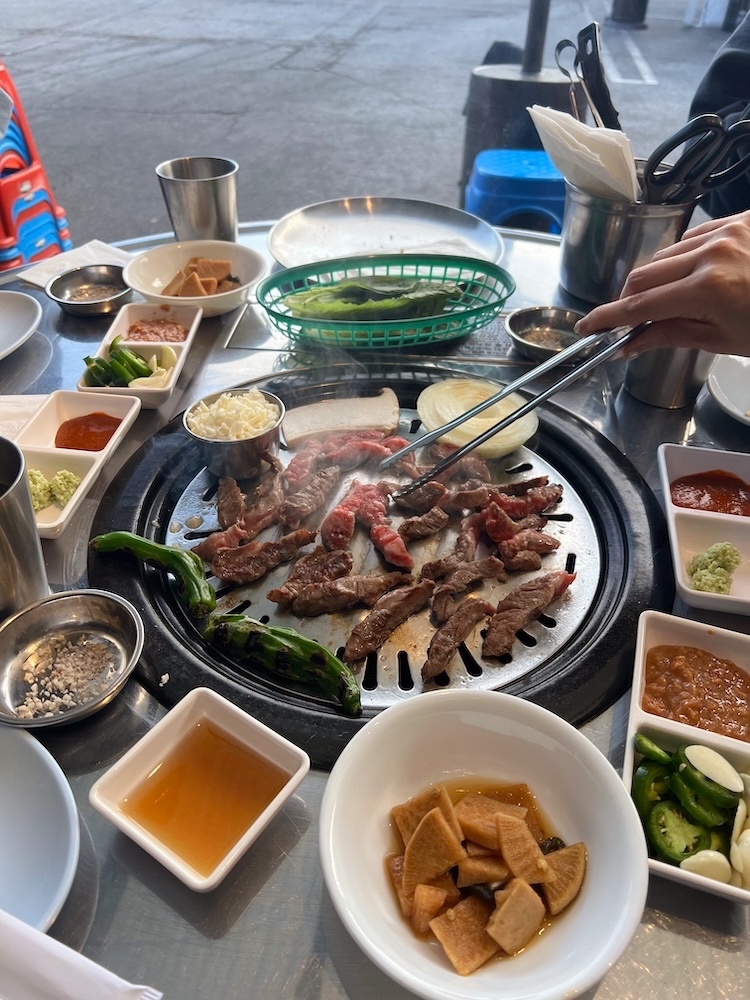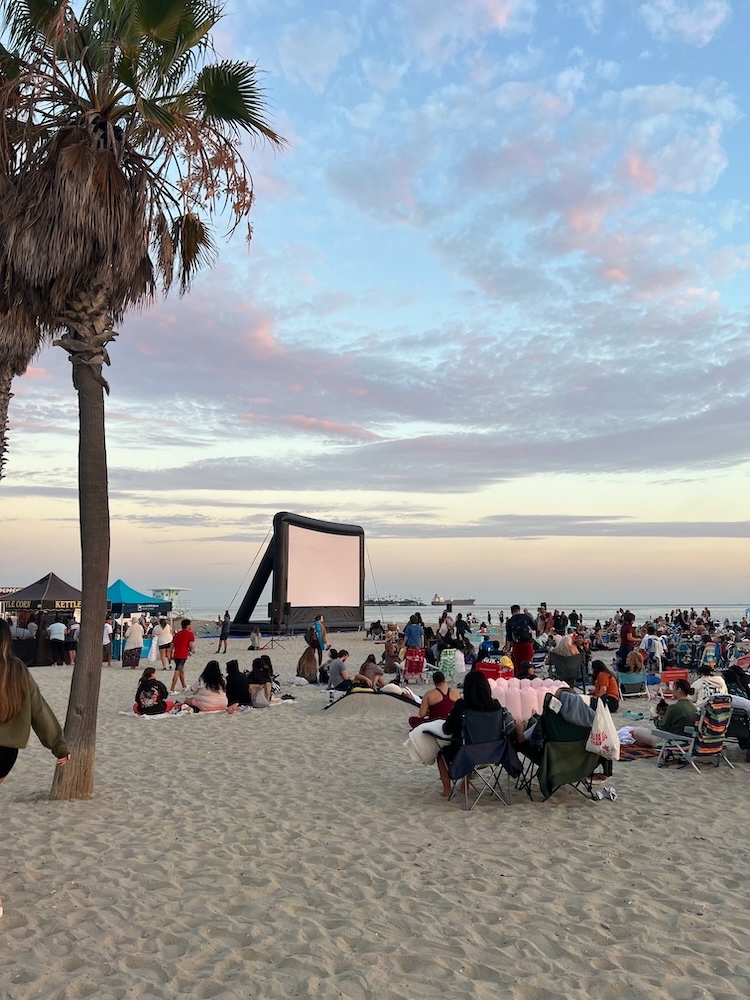Student Blog
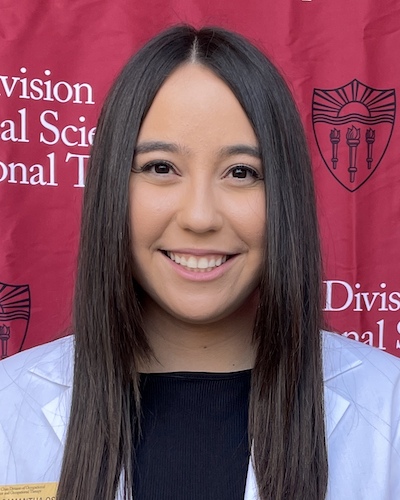
A Love Letter to OT ⟩
February 6, 2024, by Samantha
With February upon us, love is in the air and, as a bit of a hopeless romantic myself, I’ve been taking time to reflect on the things I love, including OT. Growing up, my parents always encouraged me to pursue my dreams and find a career that I was passionate about. My dad would say, “Sam, if you’re doing something you love, you’ll never work a day in your life.” Although I have yet to fully immerse myself in practice, every time I participate in fieldwork and envision the future I’m creating for myself in school, I’m confident that I love OT in the same way my dad describes loving his career. Upon reflection, here are some of the many reasons I fell in love with the profession of occupational therapy:
Playing with a Purpose: As a sophomore in high school, I was introduced to occupational therapy when my cousin, Tori, was born with Down Syndrome. In efforts to support my family and learn more about pediatric healthcare professions, I joined Tori at many of her PT, OT, and speech therapy sessions. It was here that I began to recognize the value of play as a means of therapeutic intervention. Whether it was running around on an obstacle course to work on balance and motor planning or swinging on a bolster swing to receive vestibular input, Tori was having fun while simultaneously strengthening skills that would be applicable to other facets of her life. Through my observations in this OT clinic, I fell in love with the concept of playing with a purpose and knew I could see myself making a difference in children’s lives in this manner for the rest of my life.
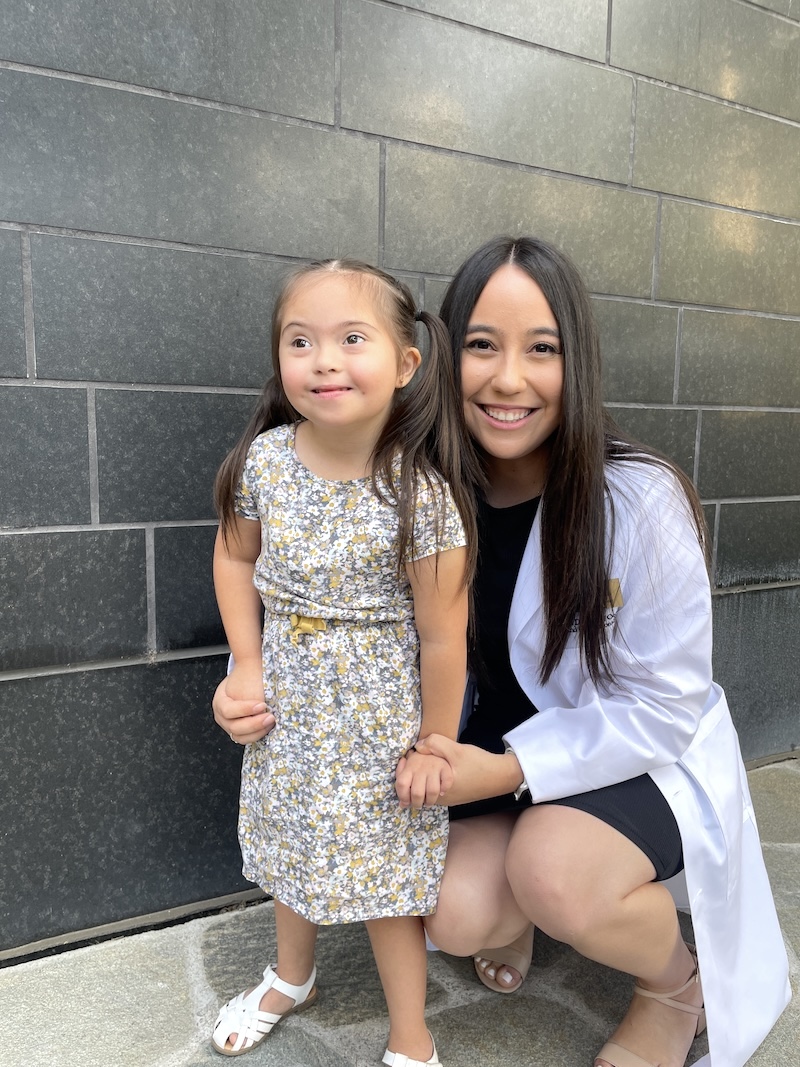
Me and Tori at my White Coat Ceremony in 2022!
Flexibility in Practice Areas: Like many, I arrived at OT school with my heart set on pediatrics. As I began my first immersion, I was placed at an outpatient hand therapy clinic for fieldwork and became enamored with the complexities and inner workings of the hand and wrist. Internally, I began having a bit of an identity crisis, as I was unsure of the definitive path I wanted to pursue. However, my perspective shifted when I recognized the flexibility within the field of OT. Although certain settings require advanced practice, there’s a beauty to the inherent flexibility that this profession offers. OT practitioners have the freedom to navigate through various practice areas at different points in their lives. For instance, starting an entry-level position in acute care doesn’t confine someone to that setting forever. If this same individual desires to start a family or becomes the primary caregiver of a loved one later in life, transitioning seamlessly to a more suitable practice area without returning to school is a viable option. Ultimately, I love that the dynamic nature & flexibility of occupational therapy not only promotes the practitioners’ ability to enhance the lives of others, but also empowers them to pursue a career that aligns with their evolving personal and professional aspirations.
Applications of Creativity: As a creative person who enjoys crafting and making music, I love having the opportunity to integrate these aspects of my own life into professional practice. In our Creativity, Craft, and Activity Analysis course, we explored different creative modalities that can be used to enhance interventions with clients. From collaging a vision board to promote self-awareness and identity to making a pumpkin out of construction paper to practice cutting with scissors, the possibilities are endless. The creative process allows people to explore and express themselves in ways that traditional interventions might not achieve, therefore being creative in my personal life informs my practice. Although this application can be challenging at times, I find it exciting to be able to integrate occupations I enjoy in my profession.
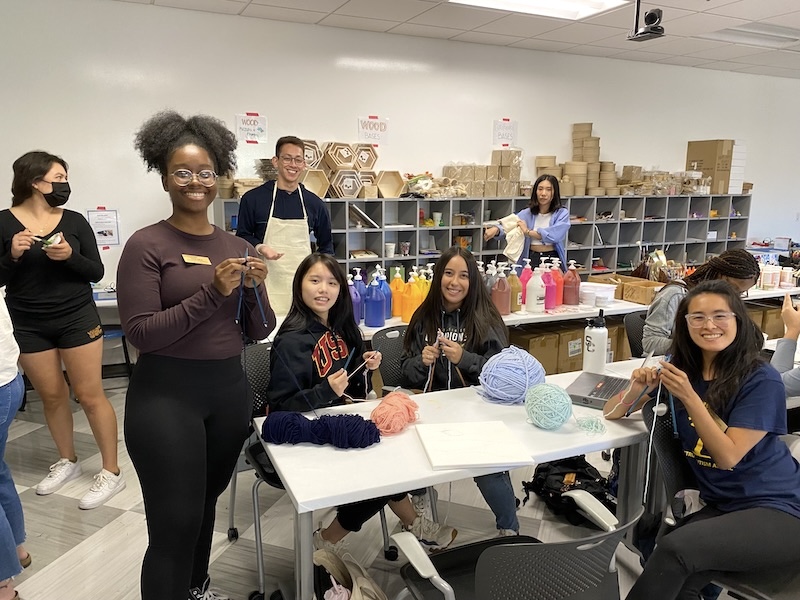
Me and my classmates knitting in the Creativity, Craft, and Activity Analysis course
Though everyone’s occupational therapy journey is different, I hope that my experience and love for the profession helps you appreciate it & ponder the reasons you’re pursuing this career too.
⋯
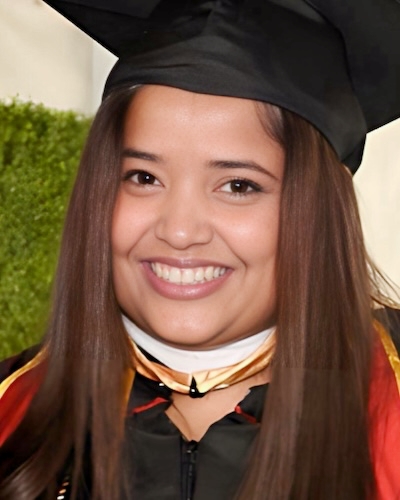
From Curiosity to Commitment: A 7-Year Quest to Unveil the Essence of OT ⟩
February 5, 2024, by Sheryl
As I introspect upon my journey as a pedagogy resident and doctoral student in the Post-Professional OTD program here at Chan, I reignite my glowing passion for occupational therapy and hope to do so for you.
Despite creating so many elevator pitches summarizing an answer to the question ‘So, what is Occupational Therapy?’ I still struggle doing that question justice. Among many stories that contributed to choosing my path to becoming an OT was the story of a younger version of me yet to discover occupational therapy.
It was at the age of 17 in high school where I would first hear about Occupational Therapy. One of my electives in high school created an opportunity to observe a Special Education School. It was here where I would continue to meet the most resilient and brilliant children whose diagnosis did not hinder their potential and a team of teachers and physical therapists working effortlessly to create a safe space for them to flourish. There was a need for OTs that echoed in those corridors that I notice now, and after a very invigorating experience, I proceeded to request to meet with one of the physical therapists at the school. She spoke to me about this famously untapped potential of Occupational Therapy and the very growing need for OTs. That was the conversation that brought me to my very first ‘So, what is occupational therapy?’ which would then go on to launch my dream of becoming an occupational therapist.
As my vague goals shaped into specific inquiries, my curiosity became insatiable. After extensive research about Occupational Therapy, I began to comprehend how this field was truly radical.
That day, this younger version of me in my home in Riyadh, Saudi Arabia would go on to make a road map of my life with a list of OT schools all around the world with the only intention to learn the most so that she could answer her first burning ‘So, what is occupational therapy?’ I remember sticking that piece of paper on the mirror of my dresser.
It has since been 7+ years of OT school, 7 World OT days, 3 degrees in Occupational Therapy and an unquenched thirst to fathom the true power of occupational therapy and repeatedly answer that same question passionately.
After graduating from the Post Professional Master’s (PP-MA) program at USC, my inquisitive mind continued to implore me to gather knowledge about academia, the curriculum and understanding the potentiality of Occupational Science and Occupational Therapy. I hope to contribute to the lineage of excellence at the Division and propagate the importance of Occupational Therapy as a Post-Professional OTD student here at USC Chan. This remains my driving force as I add another pit stop on the road map I created 7 years ago.
⋯
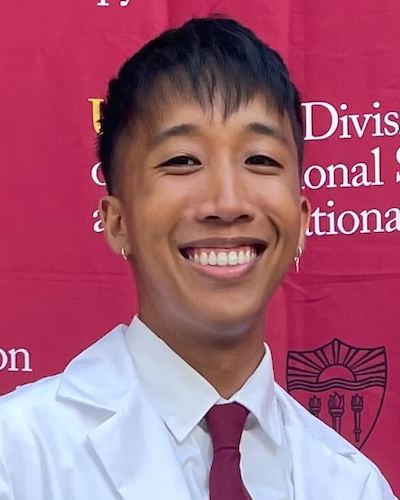
Finding My Calling: Journey to Occupational Therapy from the Heart of the Philippines ⟩
January 25, 2024, by Jared
Six years ago, I strolled along the dirt road with my mom and sister to visit the province in the Philippines where my relatives still live. Around me were homes made of crumbling concrete and tarped roofs, and fences made of plastic water bottles. Kids were running around barefoot and the broken eyes of titas and titos were trying to sell the last of their produce for the day. But behind the exterior of hardship, the Filipino culture was alive and well. Children danced traditional Filipino dances, elders played rich music once played by their ancestors, and lolas sang to the whole province on their outdated karaoke machines. The sight of a colorful culture thriving despite the poverty that surrounded my own people was not only inspiring, but life-changing in terms of my future goals of being an occupational therapist.
Occupational therapy is still in its early stages of development in the Philippines. Upon our visit to the therapy clinic where my aunt worked, I observed a modest setting — a plain room with limited equipment — where therapeutic interventions were provided to a diverse range of Filipinos. As I watched therapists treat patients, I remember feeling deeply troubled watching a young man who needed maximum assistance to move a rock from one area on a table to another. But even more so, I noted that these rudimentary interventions could be transferable and more widely used.
My aunt shared insights into the challenges faced by many individuals in the Philippines who struggle to resume their regular routines after experiencing physical disabilities. This difficulty arises from the inadequate access to proper care in medical facilities. The combination of impoverished living conditions and a shortage of occupational therapists contributes to a scenario where preventable disabilities go untreated.
Initially, I found her statements perplexing, especially considering that the interventions observed involved simple materials such as rocks, cups, and paper. However, upon reflection, I came to understand the larger issue at hand. The simplicity of the therapeutic materials highlighted not only a lack of awareness about occupational therapy in the country but also a lack of advocacy. This gap was particularly evident in impoverished areas, including my family’s province, where individuals faced challenges accessing essential rehabilitative services.
Although my experience at my aunt’s clinic in the Philippines was brief, it left a lasting impact on determining the focus in my future occupational therapy career. As someone who is constantly inspired by the beauty of my own culture, I realized that I wanted to help people carry on traditions that gave them purpose, whatever their background. In undergrad, I adopted a Philippine Studies minor and served on the executive board of Kasamahan, the University of San Francisco’s Filipino cultural organization — this has given me a holistic perspective of how people’s engagement in their culture can deeply affect their quality of life. These experiences solidified my desire to give client-centered interventions that help the individual stay as connected to their occupations as possible, whether they are cultural or not.
Equally important, I want to use my awareness of negatively perpetuated systems in both the United States and Philippines to advocate for the profession and bring awareness to the field. From the occupational therapists that I have shadowed under during fieldwork and volunteering, I’ve learned how simple yet life-changing interventions can be. From analyzing post rotary nystagmus in children on the Autism spectrum to teaching older adults how to safely ambulate with a walker, my experiences have challenged me to explore how interventions can be transferred to communities that are in need of our services.
In developing nations like the Philippines, there is potential to further advocate and educate about occupational therapy to enable individuals to actively consider it as a valuable therapeutic option.
I hope to bring my passion and future knowledge of occupational therapy to the Philippines and eventually be an educator for future generations. This is in hopes that we can reform health care policies to accommodate those from lower socioeconomic classes and render needed professional service.
Through occupational therapy, I have the opportunity to apply the underlying practices and values of the traditions that I hold dear to my heart. My experience in the Philippines, a developing nation rich in cultural tradition has made me appreciate the sacredness as well as the practicality of healing and movement. I am profoundly motivated to help others share this view and work as agents of positive change in the world.
⋯
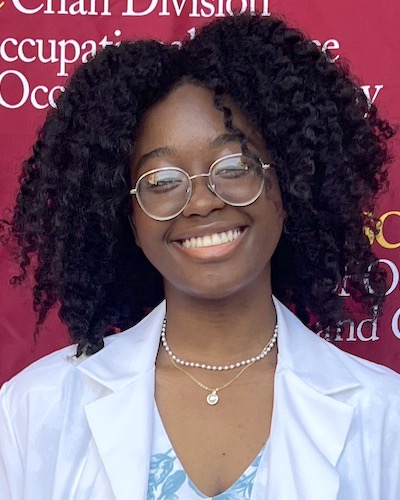
California Love ⟩
January 24, 2024, by Jaida
Community Life Hacks Living in LA
California. The Golden State. Never would I have thought that I would be calling this place ‘home’ for 3 years. Filled with numerous beaches, palm trees, and sunshine for days, this state has more to offer than I realized. As someone who is not a local, I can recognize where my own understanding of this unique environment falls short of the experiences that make this place so special to Californians. I can also recognize where my own biases and upbringings as a Southerner have impacted my perception of the people here (I had no idea what an ‘Erewhon’ or ‘Cava’ was).
Here are some of my own takeaways about California that you should be mindful of and how you can take advantage of your new home!
Be mindful of:
- Traffic/Driving: “It’s only 5 miles away. The drive can’t be that bad.” That’s what I’m used to saying when driving around home in Arkansas. I was so quick to judge my friends here who would complain about driving (I am humble enough to say now I have learned the error of my ways; sorry friends). Driving in California is not for the weak; there will be days where you will spend more time on the road than at your actual destination. Californians have unspoken rules about driving that as an outsider, until you get yourself on the road, you won’t understand until you’ve experienced it. Tip: call a friend/loved one while you’re waiting in traffic! You know they’ve been dying to hear all about your life in the program and it’ll make you feel better. You can also listen to podcasts or take it as an opportunity to practice some of the mindfulness techniques you will soon learn from RRE class!
- Prices: I remember as I was driving from Arkansas to California, the progressive increase in gas prices as I got closer and closer, had me shaking my head the entire time. The days of cheap items and tax-free weekends were over. Since then, I have accepted my new reality of the high cost of living here, but understand now that California would not be what it is today without it. Tip: if you can, sign up for EBT to receive monetary assistance for buying groceries.
Take advantage of:
- Fun Experiences: My bank account hated me for the amount of money I was spending at Disneyland and Universal, but just like a kid in a candy store, I couldn’t help myself! Although I love all the nature activities there are to do back home, being able to go to amusement parks and beaches whenever I want is a plus in my eyes. Cool events like themed club nights (High School Musical and One Direction night made teenage Jaida so happy) and shows at the Hollywood Bowl are ones that I would’ve never experienced back home and I am grateful to be living in a state that gives me access to new and exciting experiences.
- New Cuisines: Being raised in the South, I pride myself on the delectable cuisine that is ‘Southern/Soul food’. Comprised of foods such as ribs, fried chicken, cornbread, baked beans, mac & cheese, I was a bit saddened to know the “southern food” here will never taste like how it is back home. However, I have been able to try so many different cuisines that are not as widely present in Arkansas (shoutout to cohort A for introducing me to Korean bbq, pho, and chilaquiles!).
While your experience may be completely different than mine, I hope that this advice can help you in preparing for your transition to living in California.
⋯
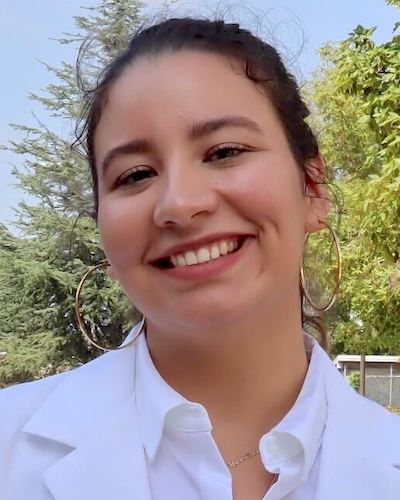
OT Didn’t Choose Me, I Chose OT ⟩
January 19, 2024, by Natalie
Now this isn’t one of those admirable stories where the storyteller explains how occupational therapy has always been a part of their life — in fact, I did not know OT existed almost until the end of my undergraduate career. This story is one about unexpected chances [coincidences instead of unexpected chances?] and for that, I am forever grateful.
From a very early age, I was taught the importance of higher education and encouraged to know what career path I wanted to take. For the longest time, I saw myself pursuing medical school to become a pediatrician, until I also saw myself as a firefighter, a police officer, a lawyer, a teacher . . . the list goes on. I was coming up towards the end of my junior year of college when I felt the impending need to decide what I wanted to do for the rest of my life. *cue the internal panic*
At the time, I was taking a course titled “Psychology of Aging” and one of our assignments was to find and research a profession that works closely with older adults. I completed my assignment, talking about how cool art therapy sounds. I was so excited to have found a potential career path that would allow me to help people through art. My partner then recommended I speak to his sister, who “probably has experience with art therapy but I think also does a whole bunch of other cool things with her clients as an occupational therapist?. . .” I was so curious to learn more about this “occupational therapy” so I spoke to his sister and she shared all her knowledge and experiences with me. And the rest is history from there . . . (just kidding, is it ever that easy?)
As I learned more and more about OT and what it is, what it looks like, and how broad the profession is, I felt both thrilled and confused. There was so much to learn (which still applies now), and the more I searched, the more I found. The best part of this process — and most telling — was that every time I learned something new, I felt further captivated by OT. I soon realized that this is THE profession for me — it gives endless possibilities for what populations and practice settings I can work with/in and blends my interests for art and science well.
Additionally, despite all of the information I found about the profession when I went digging for it, I was baffled to discover how widely unknown OT is. It seemed as if having a personal experience with OT was the only way people knew about it. I mean, I only learned about it by chance. I quickly realized this lack of recognition of the field meant underserved populations likely have limited-to-no access to the types of services occupational therapy can provide, and that didn’t sit well with me. Because of this, I decided I wanted to pursue a career in OT where I can work within those underserved communities and hopefully serve as an advocate for both my clients and the profession.
⋯






